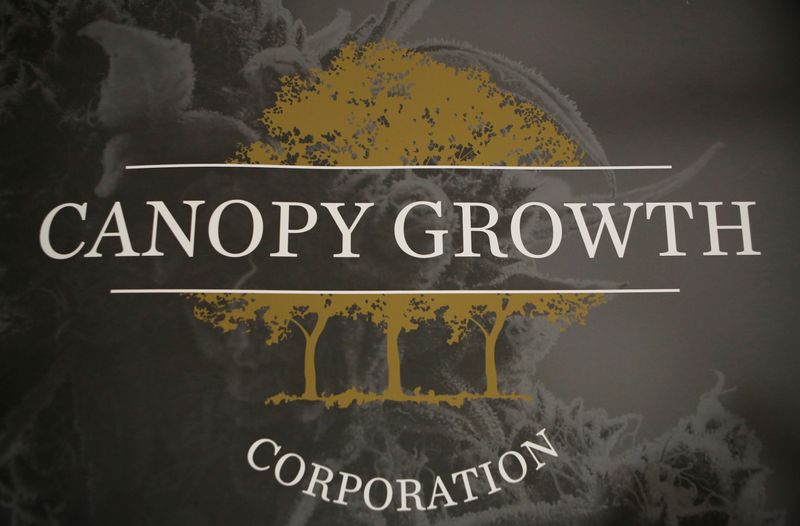This post was originally published on this site
https://i-invdn-com.akamaized.net/trkd-images/LYNXMPEGB02SH_L.jpg
(Reuters) – Canadian cannabis producers are likely to scale back their investments in Europe as they come under pressure to cut costs and deliver profit, according to a joint report by two industry consultants on Tuesday.
Depending on the pace of legalization, the market for European cannabis could grow at a compound annual rate of 52% for the next five years, hitting $3.1 billion in sales by 2025, Chicago-based research firm Brightfield Group and London-based consultancy Hanway Associates said.
They, however, projected the current market at just a tenth of that value and said some Canadian companies may choose to follow two of the sector’s big players – Aurora Cannabis (NYSE:ACB) Inc and Canopy Growth (NYSE:CGC) Corp – in trimming spending outside North America.
“Though they remain a tremendous force in Europe, forward momentum among (Canadian) liquidity providers will slow in the future, especially in newer or smaller markets,” the consultants said, adding this would give more room for European players.
Cannabis investment in North America has surged in the past three years as Canada became the first major country to legalize the drug for recreational use, giving its firms a head start at a time when Europe and U.S. Federal rules remain more restrictive.
Aurora already has a distribution network in Germany, while Aphria (NASDAQ:APHA) Inc and Tilray (NASDAQ:TLRY) have established major production hubs in Denmark and Portugal, and may not need additional investment, the report said.
When asked if Aurora was cutting investments in Europe, the company’s managing director for the UK & Ireland, Don Perrott, said, “We have not changed our view that this market represents a significant opportunity, despite slower-than-expected growth to date across many EU member states.”
“Europe remains a core part of Aurora’s growth strategy and we are constantly evaluating opportunities to expand our business in the region,” Perrott said.

